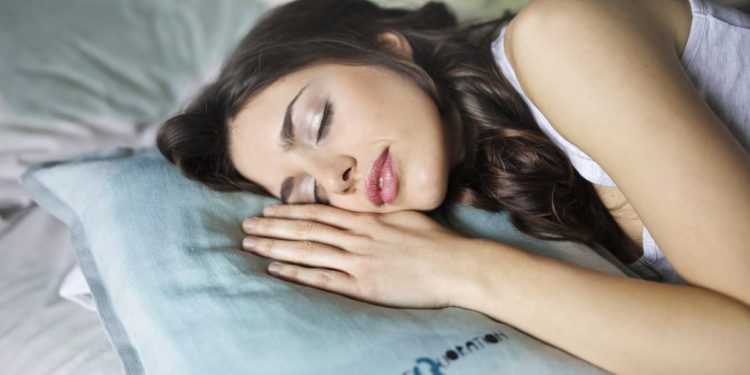The difficult question we ask ourselves today: nap or walk? This issue can be an insurmountable chasm for many people. Giving up the nap? But how is it possible? For others, however, so much riding that riding so much.
But the last word, as in many cases, is science. At least as far as scientific endorsement is concerned. Today we will see what benefits one or the other decision has, in case we want to change our habits.
The nap is beneficial to health
Yes, it is not a trivial thing: the nap has been studied numerous times, resulting in several different benefits. Among them, the ability to improve our cognitive abilities of short dreams during the day has been proven. It also helps speed up the reaction time and the processing speed of the tasks to be undertaken.
On a physiological level, we know that the nap helps to gain muscle since during the sleep the growth of this tissue is promoted. On the other hand, the immune system is one of the factors that is positively influenced by napping, especially when there are sleep problems, which can have negative consequences in the medium term.
As we have told other times, the nap is positive for the human being, in various aspects, always related to the dream. The latest research confirms that a quality dream is more important than the time we spend asleep. This has to be deep and reached quickly.
The nap could help us replenish nighttime sleep deprivation, if they existed, of course. It is also convenient to remember that a good nap, in general terms, is characterized by being short, of no more than 10 or 15 minutes, although this may vary between people.
Walking after meals helps control digestion
Going for a walk after lunch or dinner is something that brings several and sharp benefits. It is included in the cultural heritage, but also in the scientific literature. What do we know about it? Apparently, going for a walk after eating helps the digestive process for several reasons. The first is purely mechanical.
Although our stomach is more than ready to do all movements and digest food, a little help never hurts. The movement when walking helps this process, as well as the bowel movement that gives way to the following pieces of digested matter and gases.
On the other hand, light or moderate physical activity helps control insulin, which determines insulin spikes and sugar metabolism. Other metabolic aspects also gain with small physical activity: the movement of fats and the segregation of hormones is better controlled.
The nap is good, but walking is better
Unfortunately for nap lovers, the evidence does not deceive: while the nap has some benefits, slight in any case (although important if we have problems with sleep), the walk after eating has direct and clear benefits. These are increasing our amount of physical activity, controlling metabolism and helping to improve glucose peaks.
It also helps us in fat mobilization and improves digestion. All this, although also indirect, has clear consequences in the medium and long term. Both in the nap and in the walk, it is best to do it in “small doses”, although walking, unlike the nap, has no harm to do so for longer.
On the contrary, sleeping more than 15 or 20 minutes, according to several studies, could be related to overweight and obesity, although this depends on the person, of course. In short, walking has more … intense, or interesting benefits, if we take into account the problem of the sedentary lifestyle that we live today.
On the other hand, we also don’t need to give up one thing or the other. Why not take a little 10-minute nap and then go for a walk? Yes, it is completely possible to take advantage of the benefits of both. Didn’t we say it at the beginning? Well, after all, the best is left for last.









